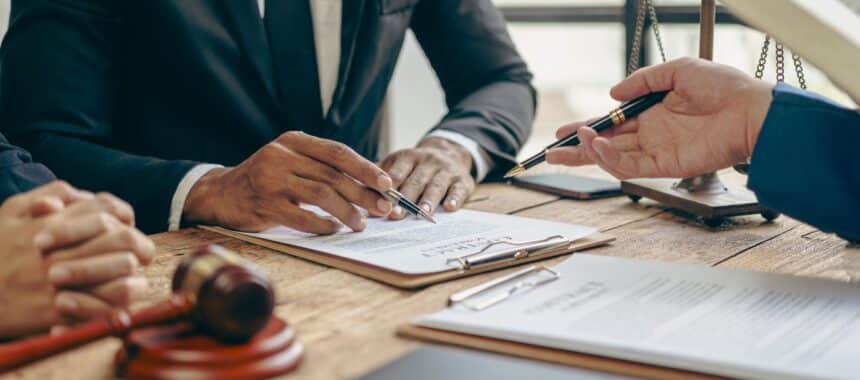Injuries on Public vs. Private Property: Know Your Rights
Accidents can happen anywhere, but when they occur on someone else’s property, understanding your rights and legal responsibilities becomes crucial. In the realm of personal injury law, one fundamental distinction lies in whether the accident transpired on public or private property. These differences can significantly impact your ability to seek compensation and hold the responsible party accountable.
Public Property: Who’s Liable?
Public property refers to any space owned and maintained by government entities, such as sidewalks, parks, government buildings, and public transportation facilities. When accidents happen on public property, liability can be a complex issue.
One of the key aspects of public property liability is that it often falls under governmental immunity, which can limit your ability to sue the government. However, exceptions exist, particularly in cases where the government entity knew about a hazardous condition but failed to address it. Understanding these nuances requires legal expertise.
Private Property: The Property Owner’s Responsibilities
Conversely, accidents on private property typically involve property owners, landlords, or business proprietors. When you’re injured on someone else’s private property, it’s usually the property owner’s responsibility to ensure a safe environment.
Understanding Premises Liability
Premises liability is the legal doctrine that governs accidents on private property. It holds property owners accountable for maintaining safe conditions. If you’re injured due to a hazard on someone’s private property, you may have grounds for a premises liability claim. Common scenarios include slip and fall accidents in stores, dog bites on residential property, or injuries sustained due to poorly maintained premises.
Proving Negligence
To successfully pursue a premises liability claim, you must prove that the property owner was negligent. This entails showing that:
- The property owner had a duty of care toward you as a visitor.
- They breached that duty by not addressing or warning about the hazard.
- Their breach directly caused your injuries.
Comparing Public and Private Property Cases
In cases involving public property, it’s often essential to prove that the government entity was aware of the hazard but failed to address it. This can be challenging due to governmental immunity protections. However, it’s not impossible, especially in cases involving dangerous road conditions or poorly maintained public facilities.
On the other hand, private property cases revolve around the property owner’s negligence. While the burden of proof may be lower, the circumstances can be more straightforward to establish.
Special Considerations for Commercial Properties
Accidents on commercial properties, such as restaurants, stores, or office buildings, can be particularly complex. These cases often involve multiple parties, including property owners, tenants, and maintenance companies. Determining liability may require a thorough investigation.
What to Do After an Injury
Whether you’re injured on public or private property, taking specific steps immediately following the incident is crucial:
- Seek medical attention promptly, even for seemingly minor injuries.
- Report the accident to the property owner or relevant authority.
- Gather evidence, including photographs of the scene and your injuries.
- Collect contact information from any witnesses.
- Consult with a personal injury attorney to evaluate your case.
Consult an Attorney
Navigating the legal distinctions between injuries on public vs. private property can be complex. If you’re injured, consulting with an experienced personal injury attorney is the best way to protect your rights and explore potential avenues for compensation. They can assess the circumstances of your case, advise you on the applicable laws, and guide you through the legal process.
Understanding your rights and responsibilities after an injury is essential. Whether it’s a slip and fall at a grocery store or an accident on a public sidewalk, knowing the legal distinctions between public and private property can make a significant difference in your pursuit of justice and compensation. Call the McManes Law Firm today or click here to contact us online.

